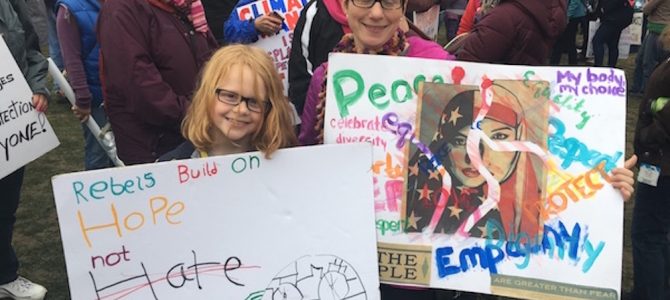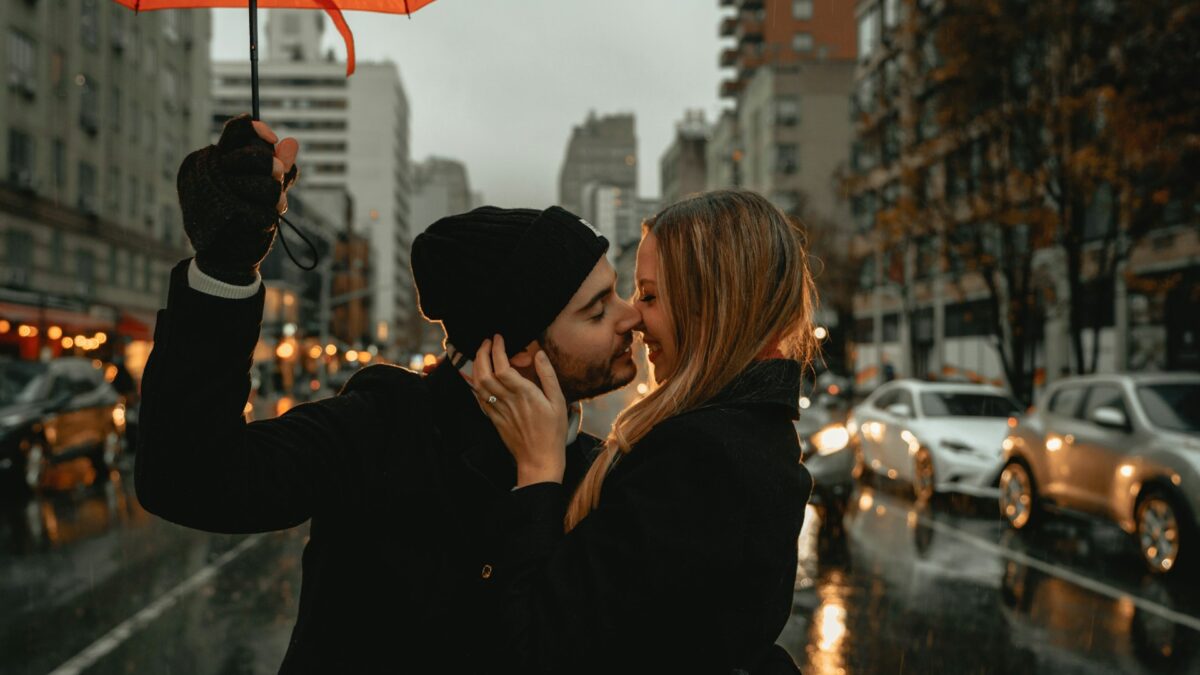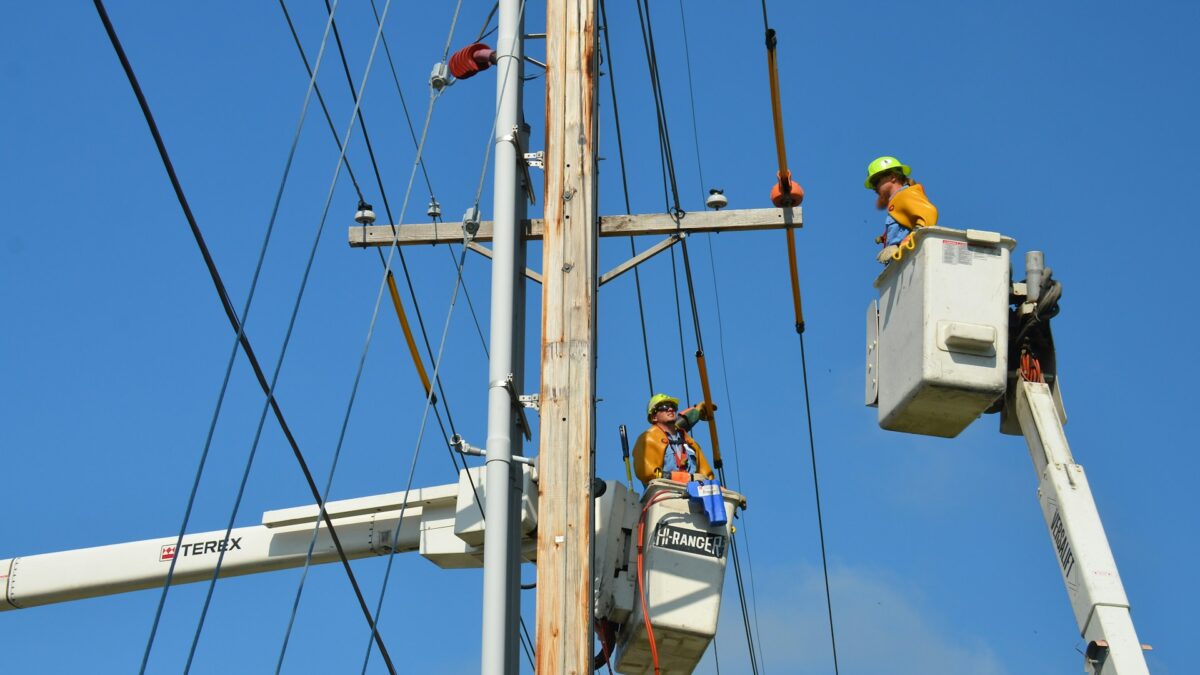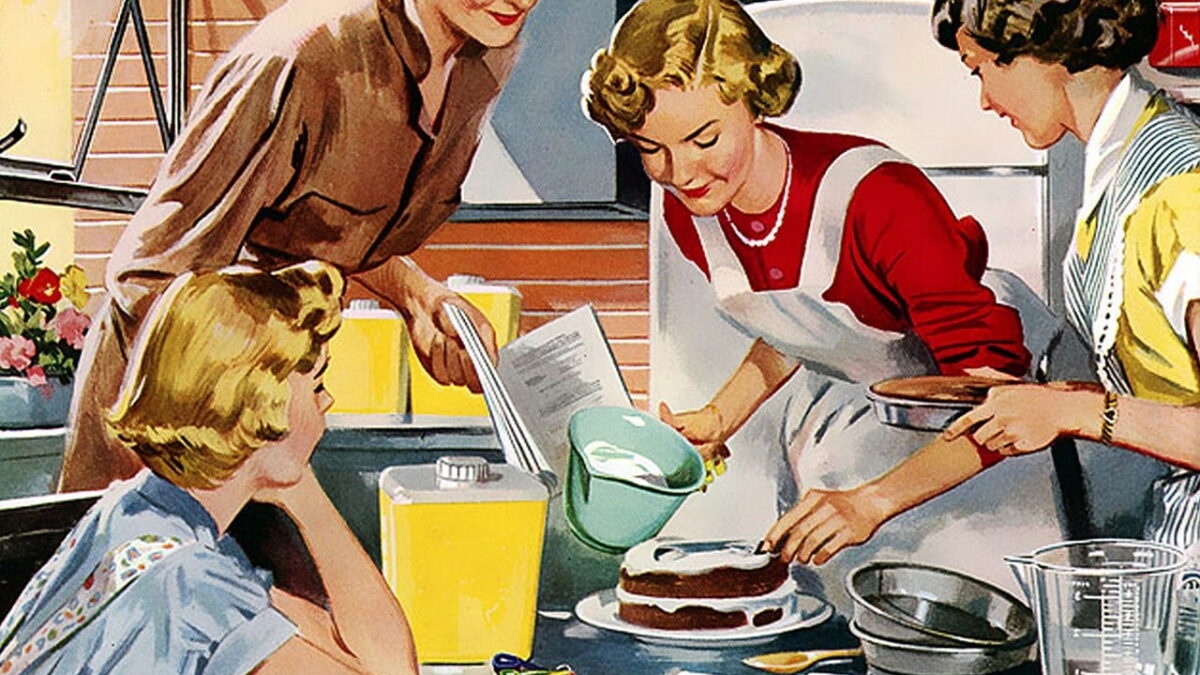
The news cycle Saturday was dominated with coverage of the hundreds of thousands of women, many donning pink hats, gathering in major cities for “women’s marches” to protest Donald Trump. Anyone watching the news would have gained the distinct impression that these marches purported to speak for women across the country, with headlines like: “Women’s Marches Protest Trump Election & Agenda,” and organizers emphasizing that “we represent half of this country.”
But could we be honest about what this really is? This isn’t a “women’s march” but a liberal women’s march. Despite the organizers’ promises to the contrary, these marches were by no means inclusive and failed to represent the diverse array of priorities that many women across the country have. Some were even actively discounted.
For instance, march organizers excluded feminist pro-life groups from being full partners in the event. As one activist tweeted, “Nope, you cannot be anti-choice and feminist. Forcing birth on unwilling women is misogynist act.” It may be, but the Pew Research Center finds that 40 percent of women think abortions should be illegal in most or all cases. Are these marches truly “women’s marches” when they exclude 40 percent of American women?
I Coulda Been A Supporter
To be perfectly clear, I support the constitutional right of these women to publicly organize and express their beliefs. I also agree with many of the priorities they highlighted, including protecting civil rights of LGBTQ people, immigrants, people of color, Muslims, criminal justice reform, and opposition to bigotry, to name a few.
But I also feel somewhat betrayed. I was initially inclined to attend the march myself, but its organizers allowed it to become politicized, divisive, and exclusive. Wasn’t the protest about protesting against exclusivity?
I was outraged after the “Access Hollywood tapes” revealed Trump bragging about groping and grabbing women without their permission, after learning he said women should be dumped around age 35, and when reports from multiple women confirmed that he did routinely grab and kiss women without their consent. I was angered when he called Megyn Kelly a “bimbo” and Hillary Clinton a “nasty woman,” terms he appeared to reserve just for women who cross him. These are many of the issues that prompted the Women’s March in the first place.
Trump’s actions and words made me think of the number of times I’ve been grabbed by men. Talk to just about any woman, and she will report similar types of experiences. It’s particularly frustrating because there is little recourse for women without hurting their own careers and reputations in the process. Kelly recounted facing this very type of dilemma early in her career when Roger Ailes repeatedly tried to kiss her but she knew she couldn’t tell anyone because it would be career “suicide.” It’s ridiculous that this remains an issue in the modern era, but it is.
Regardless of your political ideology, position on same-sex marriage, tax rates, gun issues, college funding, corporate donations, etc. most all women can agree that Trump’s attitudes toward women are unacceptable. His words and actions are a personification of a decrepit culture that some men wrongfully embrace for which they should be held accountable and corrected in the public sphere.
We Could Have Agree on a Lot
That’s what these marches could have been about yesterday, and something women can agree on regardless of their ideological stripe. But instead, these marches turned into a protest about the common litany of liberal policy priorities. No, I’m not angry about corporate revenues being too high. No, I don’t understand why we must force people against their will to fund abortions if they believe it’s wrong. No, I don’t think it’s wise for government to use tax dollars to pay for everyone’s college. No, I don’t believe capitalism is exploitation, but rather a system that has done more to lift people out of poverty than any other system yet discovered.
While the speakers highlighted important issues, they were not representative of diverse viewpoints but rather of those from the left end of the political spectrum. Ashley Judd’s speech in particular delved at times into the wacky, declaring that “I didn’t know devils could be resurrected, but I feel Hitler in these streets, a mustache traded for a toupee, Nazis renamed ‘The Cabinet.’” Michael Moore encouraged attendees to join Planned Parenthood, NARAL Pro Choice America, or a climate change group —hardly an ideologically diverse set of groups.
Why weren’t prominent non-liberal women who were also outspoken against Trump invited to speak, such as S.E. Cupp, Ana Navarro, Condoleezza Rice, or Mindy Finn? Why was there only room for individuals of one political persuasion like Michael Moore, Elizabeth Warren, Van Jones, Gloria Steinem, Cecile Richards, and Ashley Judd?
So let’s be honest: this was a liberal women’s march. And that’s fine. But it’s not a “women’s march” protesting Trump. The organizers were not inclusive and sought to only include women who share their economic, cultural, and social policy views.
But women are not a monolithic group. We have different policy positions on taxes, spending, abortion, same-sex marriage, guns, capitalism, etc. Furthermore, many of us share the same goals but may disagree about the best way to achieve them. If one is going to plan a “women’s march” and purport to speak for “women” as a whole, they cannot restrict those invited to speak, to partner, and to attend to just one end of the political spectrum.
There is plenty we as women can agree on; why would we needlessly exclude?









